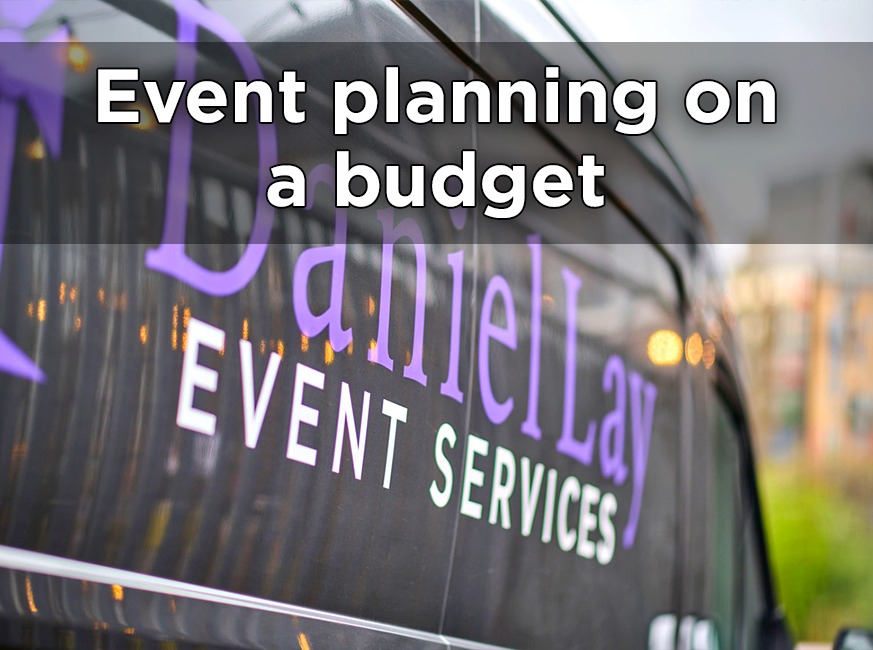Executing a successful event can be a challenging task, especially if you’re under the constraints of a tight budget. However, luckily, you don’t necessarily have to break the bank to turn your event into a hit. Whether you’re hosting a product launch, a corporate conference, a gala, or seasonal events such as winter events for the upcoming snowy season, this guide will walk you through budget-conscious planning strategies to ensure your event stands out.
1. Plan Early
The key to ensuring your event is well-organised is a comfortable lead time. Scrambling to get things done at the last minute makes for a stressful and rocky event.
Planning gives you sufficient time to work out all the essential details and can also be an excellent way to bag a bargain. When you’re ahead of time, you can take your time to research and select event venues, vendors, and suppliers to find the best deals for your budget. Moreover, you can also avoid rush fees and may even be eligible for early bird discounts from your vendors.
2. Establish an Event Budget & Stick to It
An event budget is a financial roadmap for your event. It helps estimate forecasted expenses and revenue, allowing you to manage resources effectively and stay on track to achieve event goals.
Categorise the following costs to get started:
- Fixed costs: Fixed costs are expenses you incur, irrespective of how many guests may join the event. These include venue rental, lighting and AV arrangements, decorations, marketing and branding, licences and insurance fees, and entertainment expenses.
- Variable costs: Variable costs make up expenses that vary based on the number of guests. These include food, seating, party favours, transportation, print material, and event staff expenses.
If you are organising a for-profit event such as a concert, a wrestling match, or a fun fair, you may also consider the following when determining your budget:
- Revenue: Consider the projected revenue likely to be earned from the event. It may be earned through selling tickets and sponsorships. The profit earned from the event depends on the number of attendees or guests who attend the event. To make an effective budget, add a section to your budget summarising the forecasted profit.
3. Choose the Right Time and Date
Selecting the right time and date for your event goes beyond just checking the calendar – the time you select can have a massive impact on your budget. For instance, hosting during holidays, peak seasons, and weekends can result in higher venue and vendor expenses. Therefore, after estimating the availability of your guests, consider hosting during off-peak dates, mid-week, or early on in the month.
For winter events, make the most of the natural charm of the season. Consider hosting in early December (before the holiday rush) or in mid-January (after the holiday rush). Vendors are likely to be more flexible and accommodating after the holiday season has ended. Hosting an event early morning or in the afternoon can also reduce costs associated with lighting, heating, and alcohol service.
4. Select Affordable Venues
Venue rents can be highly expensive and will likely put a big dent in your account. However, consider some venue hacks (without compromising the quality) and cut the hefty venue-related costs. Some budget-friendly venues to host the event of your dreams include:
- Community Centres: Look around your local areas and opt to host a personal event (especially a birthday or a wedding) in your nearby community centre. Community centres offer spacious rooms with kitchens and furniture at affordable prices as compared to banquets or halls.
- Art Galleries and Museums: Nothing adds to the aesthetic of an event like hosting it at a museum or an art gallery. This goes especially well for luxurious gala or corporate events. These spaces often come with charming spaces available to rent and sometimes may even offer discounts for non-profits or community events.
- Co-working Spaces: Take advantage of your co-working spaces – many offer event rooms at affordable pricing and already have seating and projectors installed, saving extra costs.
5. Décor On a Budget – DIY Décor
Décor doesn’t have to drain your budget. DIY décor can effortlessly provide an equally aesthetic and professional appearance as an expert’s décor.
DIY Décor Ideas:
- Lighting: Lighting can transform the whole feel of a room. Consider setting up soft fairy lights, festoon lights, or paper lanterns. You can also rent other lighting options, such as gobo projection lighting for brand marketing during corporate events, LED neon lighting for parties, and moving head lighting depending upon the type of event you’re hosting.
- Upcycled Décor: Reuse items purchased for previous events or borrow from friends. Get creative and transform mason jars into lanterns, glass bottles into vases or centrepieces, and create table runners from old scarves.
6. Opt for Affordable Entertainment Options
If you have a tight budget for your event, there’s no need to go for over-the-top entertainment options. Consider sticking to affordable options that are equally as likely to keep your guests engaged.
- Live Performance – Hire Local Talent: Hire student performers, a DJ friend, or an employee who loves to sing and perform. Offer an incentive in the form of a small fee.
- DIY photo booth: A selfie photo booth with fun backdrops and props, such as holiday signs and mittens, can be an excellent addition to any event.
- Craft Stations or Cookie Décor Stations: Crafting stations are excellent for almost all types of events, especially for families with kids to unleash their creativity!
- Talent Shows: Talent shows cost nothing but can be highly entertaining.
7. Rent Rather than Purchase
Renting event equipment such as décor and furniture is often a more beneficial choice than purchasing. One of the most apparent advantages of renting is the cost-saving it provides. By choosing to rent, you can avoid hefty upfront investments in items such as furniture and décor.
Moreover, renting also provides access to a high-quality and diverse inventory that meets unique needs for every type of event. Many event management companies also provide themed packages with décor and furniture included and customised according to specific event themes.
Additionally, renting will save you the hassle associated with logistics and transportation and reduce maintainance responsibilities and costs, as the event management company will take care of it for you!
Pro Tip:
Renting furniture from a reliable and trusted vendor is super cost-friendly. Furniture comes with a diverse variety of options. For instance, poseur tables for standing areas during receptions for corporate galas, along with round tables and chairs. LED furniture to create a high-tech atmosphere with ottoman cubes and tables for product launches and Chiavari chairs with trestle tables for a wedding. Renting provides you with a variety of options with affordable pricing options.
Conclusion for Event Planning on a Budget, Cost-effective Event Planning
Planning an event, irrespective of its type and size, can be overwhelming. However, as an event organiser, it is essential to keep costs in check to ensure the event generates the most revenue and is deemed successful by the guests and attendees. Effective event budgeting can help event planners ensure event goals align with the financial budget. To streamline the process, consider hiring an event rental company to save costs through renting major event equipment such as furniture and décor.
 Retro
Retro














